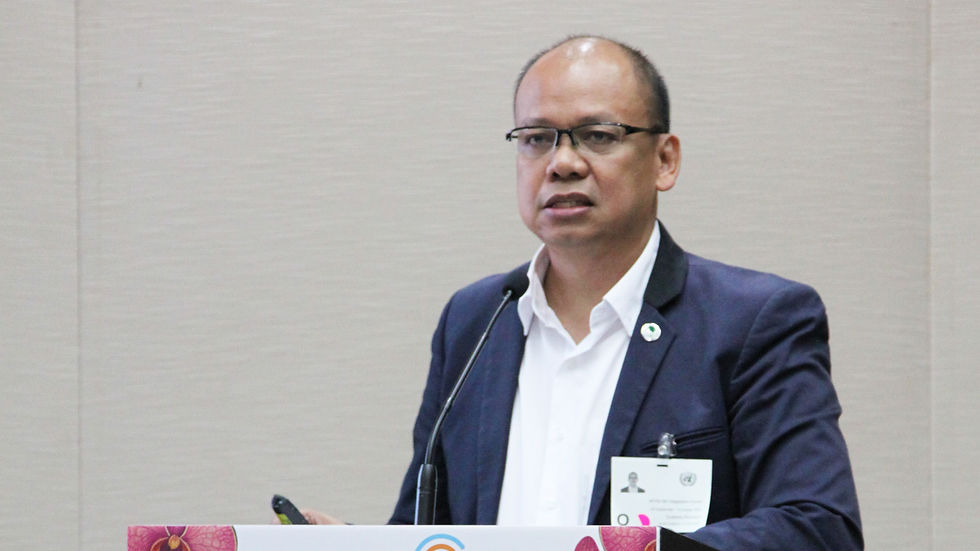Strengthening Climate Resilience through Climate Adaptation Tools
- May 13, 2025
- 2 min read
23-24 April 2025 Isabela, Philippines
The Cagayan Valley Agricultural and Aquatic Resources Research and Development (CVAARRD) Consortium, in partnership with the Asian Institute of Technology's Regional Resource Centre for Asia and the Pacific (AIT RRC.AP) and Japan's Ministry of the Environment (MoEJ), convened a high-impact seminar on "Introduction to Adaptation Planning Tools" at Valmayor Hall, Isabela State University (ISU), Echague Campus on 23-24 April 2025.

The two-day seminar gathered about 40 participants, including regional and city-level planners, local government officials, civil engineers, urban designers, researchers, academics, civil society representatives, and students. The program aimed to build capacity among local stakeholders on the use of science-based tools for climate adaptation and resilience planning. The seminar featured practical demonstrations and discussions on tools such as FloodS and ClimoCast for flood risk mapping and climate projections, as well as guidance on navigating the Green Climate Fund (GCF) project development process.
Dr. Ricmar P. Aquino, President of ISU, opened the seminar with a call for more localized and proactive climate action in light of the Philippines' ranking as the most disaster-prone country in the world. Key messages of support were delivered by Mr. Taiki Kohno of MoEJ, Dr. Guilberto Borongan of AIT RRC.AP, and local leaders including Mayor Alyssa Sheena P. Tan-Dy of Santiago City and Mayor Francis Faustino A. Dy of Echague. Mr. Huno Solomon Kofi Mensah of AIT RRC.AP provided a foundational overview of climate change science and outlined the seminar's objectives. Dr. Lanie Alejo highlighted ISU's research efforts in water resource management. The first day concluded with a session on developing GCF concept notes, led by Dr. Borongan. An open forum allowed participants to exchange insights and reflect on challenges and opportunities in local adaptation planning. Closing remarks were delivered by Dr. Miladis B. Mabutol, CVAARRD Consortium Director, who commended participants' active engagement and commitment.
This seminar marks a significant step toward enhancing local capacities in climate resilience and bridging the gap between science and policy, reinforcing the role of academic and government partnerships in addressing climate risks across the region.










